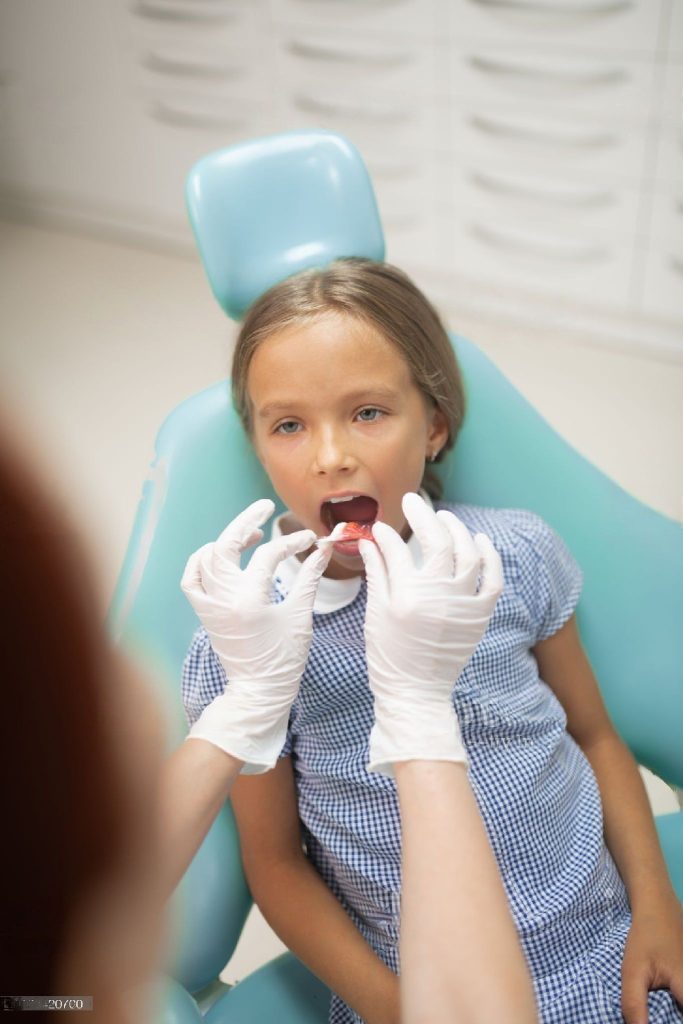Compassion, Integrity, Exellence
Mouth Guards
San Tan Valley (480) 457-1977
Gilbert (480) 963-9900
Mesa (480) 830-3344

What Is Mouth Guards
Anyone who participates in a sport that carries a significant risk of injury should wear a mouth protector. Sports like basketball, baseball, gymnastics, and volleyball all pose risks to your gum tissues, as well as your teeth. We usually think of football and hockey as the most dangerous to the teeth, but nearly half of sports-related mouth injuries occur in basketball and baseball.
A helmet can prevent serious injuries such as concussions, cerebral hemorrhages, incidents of unconsciousness, jaw fractures and neck injuries by helping to avoid situations where the lower jaw gets jammed into the upper jaw. Mouth guards are effective in moving soft tissue in the oral cavity away from the teeth, preventing laceration and bruising of the lips and cheeks, especially for those who wear orthodontic appliances.
Types of mouth guards
There are three types of mouth protectors
- Stock - Inexpensive and come pre-formed, ready to wear. Unfortunately, they often don't fit very well. They can be bulky and can make breathing and talking difficult.
- Boil and bite - Can be bought at many sporting goods stores and may offer a better fit than stock mouth protectors. They should be softened in water, then inserted and allowed to adapt to the shape of your mouth. If you don't follow the directions carefully you can wind up with a poor-fitting mouth protector.
- Custom-fitted - Made by your dentist for you personally. They are more expensive than the other versions, but because they are customized, they can offer a better fit than anything you can buy off the shelf.
Mouth protectors, which typically cover the upper teeth, can cushion a blow to the face, minimizing the risk of broken teeth and injuries to the soft tissues of the mouth. If you wear braces or another fixed dental appliance on your lower jaw, a mouth protector is available for these teeth as well.
A properly fitted mouth protector may be especially important for people who wear braces or have fixed bridge work. A blow to the face could damage the brackets or other fixed orthodontic appliances. A mouth protector also provides a barrier between the braces and your cheek or lips, limiting the risk of soft tissue injuries. Although mouth protectors typically only cover the upper teeth, your dentist or orthodontist may suggest that you use a mouth protector on the lower teeth if you have braces on these teeth too. If you have a retainer or other removable appliance, do not wear it during any contact sports.




